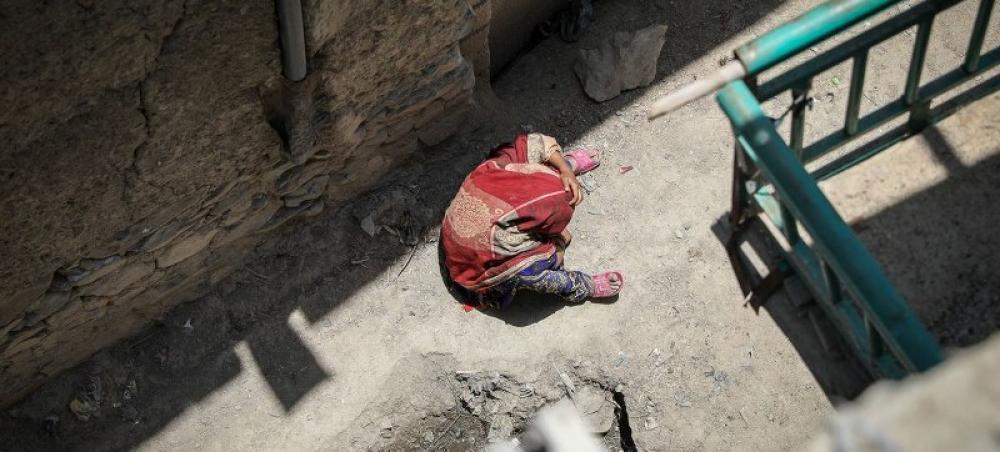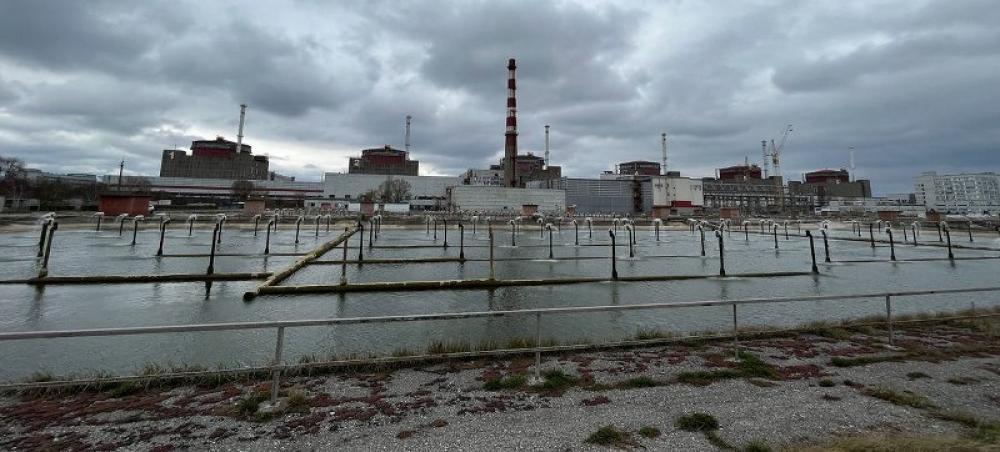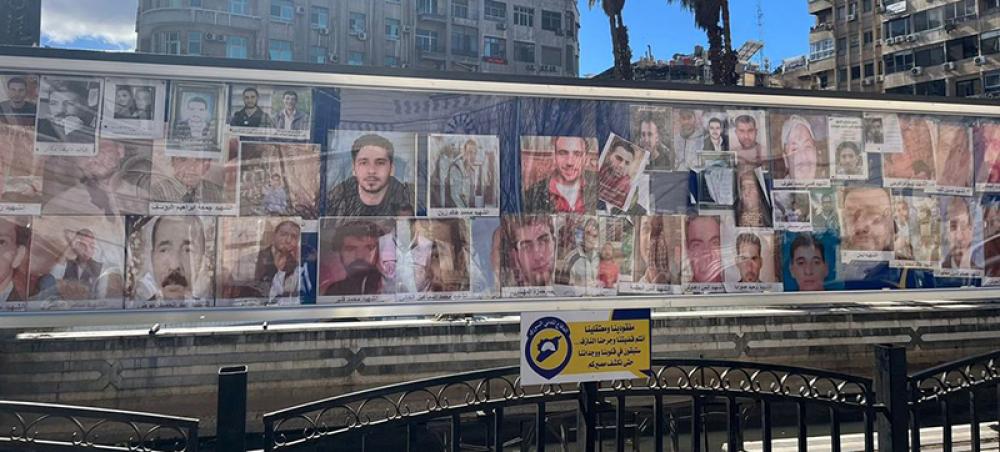Rights
Human Rights/Free Speech/Media Amnesty International asks J&K government to end use of pellet guns
29 May 2015, 05:35 pm Print

Jammu, May 29 (JEN): The international human rights watchdog Amnesty International has asked Jammu and Kashmir government to stop using pellet-firing shotguns in policing demonstrations as they are 'inherently inaccurate and indiscriminate'.
In a press statement issued on Thursday, Amnesty International India said that the J&K police have used pellet shotguns for a number of years due to which several people suffering serious injuries, particularly eye injuries.
The latest incident which took place on 21 May 2015 in which a 16-year-old boy Hamid Nazir Bhat who was shot by police firing a pellet gun in Palhalan, Kashmir, lost vision in one eye, has attracted lot of media attention.
“The police have a duty to protect lives and safety and prevent violent crime. However in carrying out this duty they must as far as possible use non-violent means,” said Shemeer Babu, Programmes Director at Amnesty International India adding that in policing protests, the J&K police must also distinguish between persons engaging in violence and peaceful demonstrators or bystanders. Any force used should be only against those acting violently, and the police should always ensure that non-involved persons are protected from injury.
Stressing that the pellet guns cannot ensure well-targeted shots and risk causing serious injury, including to bystanders or other protesters not engaging in violence, the Amnesty International said that Because of this high potential to cause unwarranted injury, including to bystanders and others, pellet guns should have no place in law enforcement.”
Pellet firing shot guns fire a large number of small pellets spreading over a wide range. It is said that the pellet gun cartridges most commonly used in the state contain 400-500 plastic pellets, resembling ball bearings.
Javaid Gillani, the Inspector General of Police,Kashmir zone told Amnesty International India that the state police are instructed to use pellet guns only when protests go out of control. “There is a standard operating procedure that is followed in such situations, and police fire the pellet guns from a safe distance,” he said. However the Inspector General acknowledged that the pellets, when fired, do not have a predictable trajectory.
Sajad Khanday, a doctor at the department of ophthalmology at Government Medical College, Srinagar told Amnesty International India that he had come across several cases of serious pellet injuries in the past few years. “The pellets can cause blindness and disfigurement of the eyes," he said.
More Rights
- Pakistan: Police claim they averted mob attack on Ahmadi religious place in Karachi
- Chaotic wave of returnees from Iran and Pakistan to Afghanistan is threatening broader regional stability, says UN
- Prominent economist Abul Barkat, who once said there would be no Hindus will be left in Bangladesh if exodus continued, sent to jail in graft case
- Pakistan: Father guns down daughter after she refuses to delete TikTok account
- Persecution of girls: ICC issues arrest warrant for two Taliban leaders






